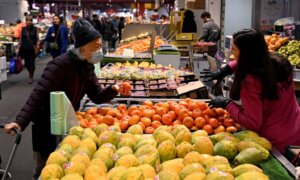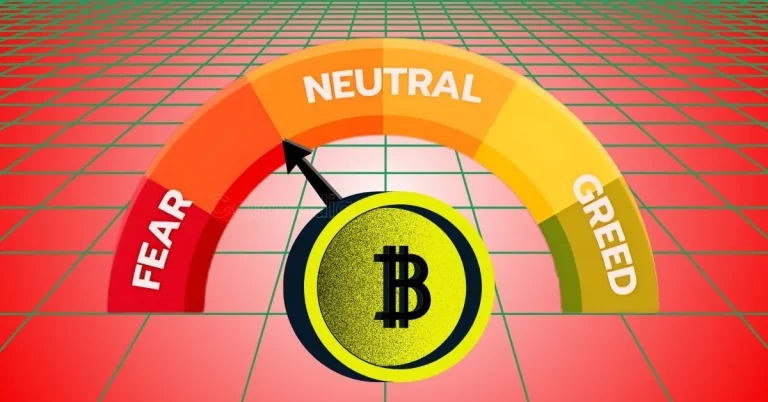
People shop for fresh produce at the Queen Victoria Market in Melbourne on July 4, 2023 after the Reserve Bank of Australia (RBA) surprised analysts by leaving interest rates on hold at 4.1 per cent in July. (Photo by William WEST / AFP) (Photo by WILLIAM WEST/AFP via Getty Images)
The recent victory of President Donald Trump and the Republican party in all factions of the United States election, including the House, Senate, and popular vote, indicates a strong public clamour for governments to tackle cost-of-living issues. Global inflation trends, exacerbated by governmental pandemic spending and supply shortages due to the Russia-Ukraine conflict, have created a significant financial strain on households, which was a prominent theme during the recent US election and Biden administration.
In light of the upcoming federal election in Australia next year, Australian Health Minister Mark Butler highlighted the message from US voters that they want governments to actively address this financial crisis. Meanwhile, Shadow Minister for Housing, NDIS, and Social Services Michael Sukkar suggested Australia is experiencing an even greater cost-of-living crisis than the US, and the US election result should serve as a wake-up call for the Labor government.
Regarding trade, Butler downplayed the impact of 10-20% tariffs on Australian imports to the US, pointing out that the US has a $144 billion trade surplus with Australia compared to its trade deficit with China. However, he added that these tariffs could potentially slow global growth and indirectly increase inflationary pressures in the global economy, thereby indirectly affecting Australia.






